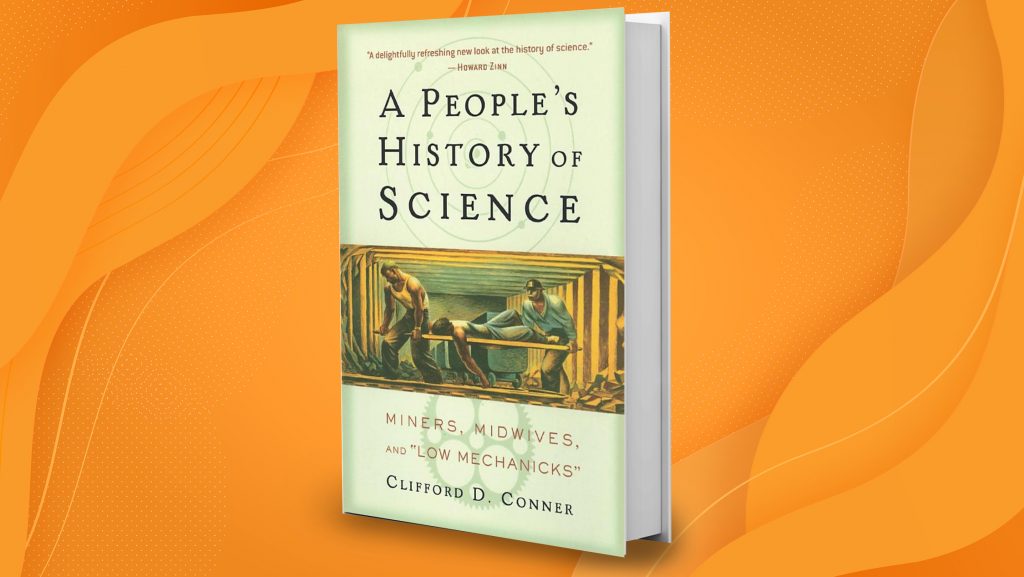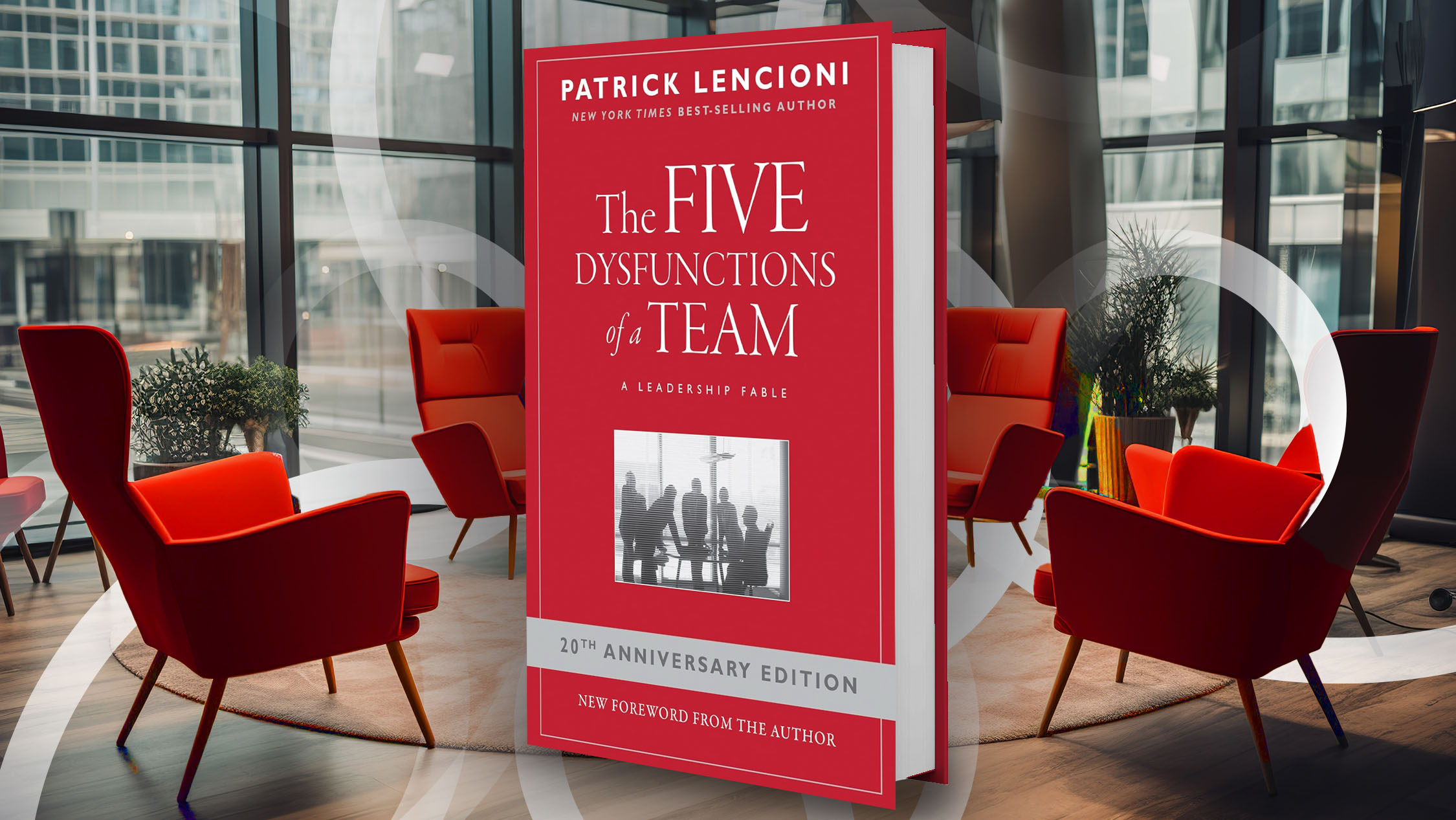In writing about science, historians tend to praise a few great names – like Galileo, Newton, Darwin, Einstein – and neglect the contributions of ordinary people who were not afraid to get their hands dirty. In his in-depth account, People’s History of Science: Miners, Midwives, and ‘Low Mechanicks‘, Clifford D. Conner demystifies the “heroic and aristocratic narratives” of the traditional history of science.
Conner presents the “people’s history of science”, highlighting the contributions made by “ordinary men and women” (miners, midwives, and low mechanics) to the development of science. As he writes, “It is a history not only of the people but for the people as well.”
Hunter-gatherers and early farmers, for example, domesticated plants and animals and gave us corn, wheat, rice, beef, pork, chicken, and almost every kind of food we eat today. They changed the world more than modern genetic engineers have done, so far, Conner explains.
He tries to present a balanced view, noting that the major triumphs of science rest on a “massive foundation created by humble laborers.” “If science is understood in the fundamental sense of knowledge of nature,” he writes, “it should not be surprising to find that it originated with the people closest to nature: hunter-gatherers, peasant farmers, sailors, miners, blacksmiths, folk healers, and others.”
We learned at school how Galileo used his telescope to show that the earth was not the center of the universe, how Newton discovered gravity from the falling apple, and how Einstein unlocked the mysteries of time and space with a simple equation. The thinking has been that long periods of ignorance were interspersed by brilliant minds that changed the course of science, and to whom we owe scientific progress in its entirety.
Conner determines that this belief is wrong. A People’s History of Science shows how ordinary people participate in creating science and have done so throughout history. It documents how the development of science has affected ordinary people, and how ordinary people perceived that development.
While no one can rightly claim that the formulation of quantum theory or the structure of DNA can be credited directly to workers or peasants, indeed, common people have always played a role in the development of “big ideas” that have contributed to human progress across the ages.
It is a thought-provoking book and I recommend it to anyone who wants to learn more about popular science and the role that “untold thousands of illiterate artisans” have played in the development of the scientific method.
As someone who works in the pharmaceutical and life science sectors, I think it’s a book that everyone should read. It offers many discussion points on the impact that ordinary people can have on scientific progress that affects us all, and on the need for more socially inclusive knowledge development.




